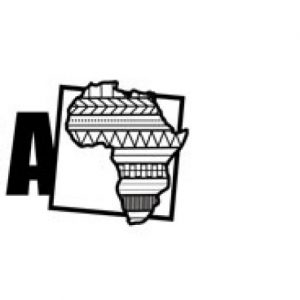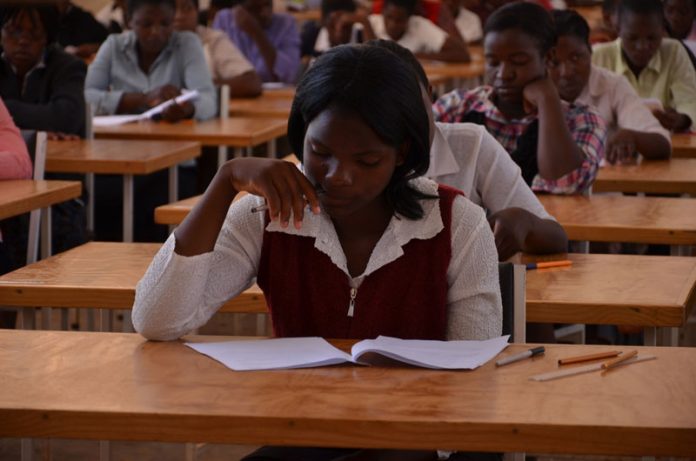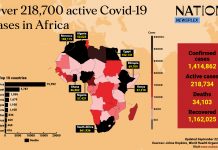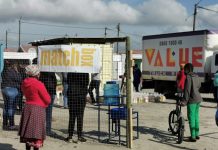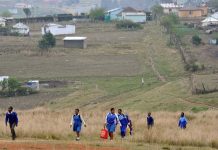Kinshasa: Now that the Democratic Republic of Congo has closed all schools because of COVID-19, Cordaid is supporting hundreds of parent committees all over the vast country to organize homeschooling.
“There’s no internet, let alone e-learning facilities in the remote areas. Parents now need to teach their kids, and they can use some support”, says Kinshasa-based Programme Director Charlotte Lepri.
On April 6, 161 COVID-19 cases were confirmed in DR Congo, most of them in Kinshasa and a handful in Eastern Congo. 18 people have died from the virus.
Currently, a few of the richer parts of Kinshasa have been locked down.
CLOSING CLASSES AND FINDING ALTERNATIVE FORMS OF EDUCATION
DR Congo’s most drastic nationwide measure was the closure of schools. Many countries have taken this decision.
But unlike richer parts of the world with ample e-learning facilities, Congolese kids have not a lot of alternative means to continue some sort of formal education.
In fact, for many of them simply going to school had been a triumph in the first place.
Millions of children in rural areas lack the means to go to class. And many schools lack teachers and means to assure quality education. This is why Cordaid’s results-based financing (RBF) programme supports 1350 schools in improving the quality of their services.
“Currently, all schools in DRC temporarily closed their doors”, Lepri explains.
“In practice, this means the curriculum of millions of children and adolescents has stopped. Online learning is not an option for the vast majority. This is why we are working closely with hundreds of the parent committees of schools we work with.
“And with local radios, who broadcast lectures and educational sessions. Through them, we support alternative education, by providing parents with teaching material. But also with clean water, because even that is lacking. Most parents have just one concern, which is to toil for food and other basic needs. By supporting them, and giving them the means, they can organize some forms of education for children. Even in the strict setting of COVID-19 measures”, Lepri says.

